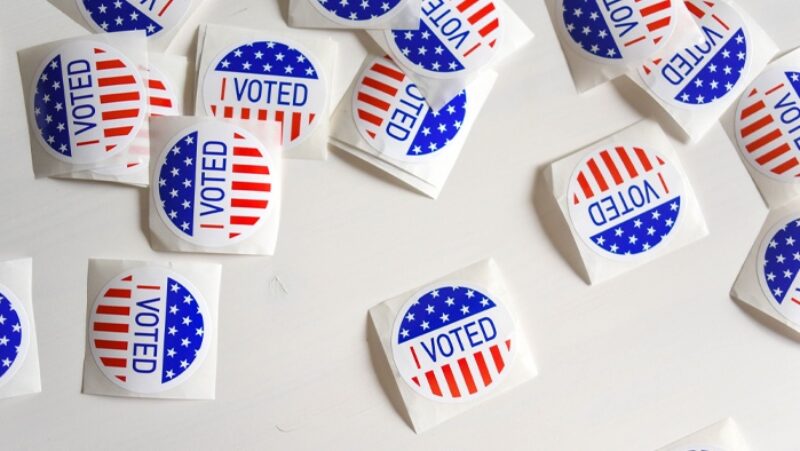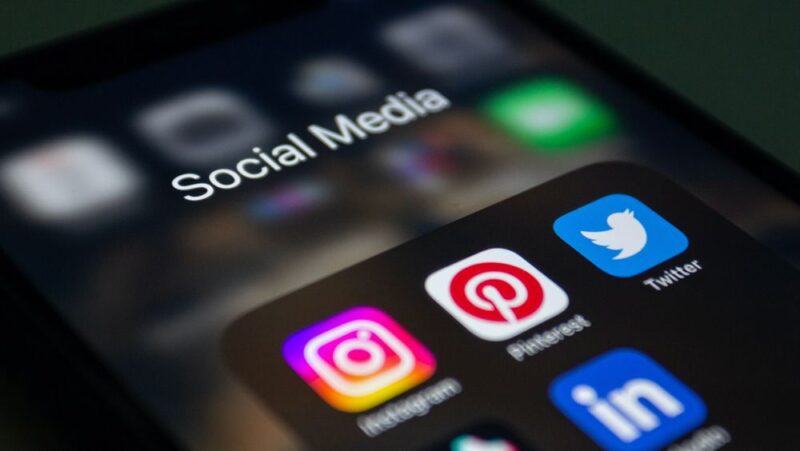5 Things to Know for Free Speech Week

Free Speech Week, celebrated during the third week of October since 2005 and designed to "raise public awareness of the importance of freedom of speech and of a free press in our democracy – and to celebrate that freedom," is a nonpartisan national celebration of one of the most loved and controversial First Amendment freedoms.
It may sound simple, but when it comes to the real world, freedom of speech can get complicated.
So, to celebrate Free Speech Week, we highlight some of the most important things to know about the vital First Amendment freedom.
Discover 5 things you should know for Free Speech Week
1. Speech is more than the words you say out loud.
Freedom of speech applies to lots of ways we express ourselves.
Artistic expressions, like movies, music, TV shows, paintings, plays, books, dance and more, are considered speech under the First Amendment. So are other ways we send messages about who we are and what we believe, such as the clothing we wear and symbols we display. Donations to political campaigns have also been considered free speech.
Staying silent is protected as well. The government can’t tell you what to say any more than it can tell you what not to say. So, for example, students can’t be required to recite the Pledge of Allegiance.
2. Free speech is protected from government interference – but not from reactions by anyone else.
The First Amendment begins “Congress shall make no law …” to restrict the five freedoms of religion, speech, press, assembly and petition. Over time, the courts have interpreted this to apply to all branches of government at any level, from town councils to state legislatures to federal agencies and Congress, as well as punishments imposed by courts. So, if you’re arrested or punished by the government for your speech, you might have a First Amendment claim.
On the other hand, if you’re criticized, shunned, blocked or called out by a private person, company or organization, your First Amendment rights have not been violated. Private communities can make their own rules. The government can’t force businesses to punish speakers or limit them from doing so.
Fear of being “canceled,” though, can make people feel reluctant to speak up – and that’s a problem for free expression.
3. Some types of speech are not protected.
The First Amendment is designed to protect the most speech possible. It protects political speech, including views and opinions from the mainstream to the minority. It protects critical speech, even speech that could be considered offensive or hateful.
But it’s not unlimited.
Some specific types of lying are not protected, like false advertising and lying under oath. Neither is defamation: Saying or writing something about someone that isn’t true and harms their reputation. Plagiarism, copying someone else’s creative expression without permission, is not protected.
Blackmail, threats that leave someone in fear of bodily harm, statements that are intended to provoke someone into harming you, and convincing or inciting others to immediate violence could get you in trouble, too.
Harm to national security, child pornography and specifically defined obscenity may not be protected.
4. Some people’s speech can be less protected.
The First Amendment protects everyone, no matter their age, background, beliefs or views. But people in some circumstances can have more restrictions on their rights. For example, people in prison can be more restricted because the government has strong interests in maintaining safety and security. Public school students can be more restricted because the government has strong interests in providing undisrupted learning environments. Similarly, government employees’ speech can be more restricted if the speech is part of their job duties or would disrupt the workplace, even if the speech is outside their job duties.
5. What specific speech is protected by the First Amendment can vary – and can change.
When First Amendment questions land in court, judges weigh the rights of free speech balanced against the harm that might result from that speech. For example, many court cases relate to whether a specific example of speech falls into an unprotected category. Others address tensions between the rights of students, people in prison, and government employees and the government’s responsibilities.
The tension between these rights can leave lots of gray areas, but it is generally up to the government to justify a restriction on free speech.
The courts decide whether the way laws are applied in real situations fit the Constitution and the way the laws are understood. Courts in different parts of the country and at different levels don’t always agree, and the way the courts interpret the First Amendment can evolve over time. So, if you think your First Amendment rights have been violated and you file a lawsuit, the outcome could depend on who you are and where and when you are speaking!
Perspective: Protect Voting Like We Protect Free Speech
Why New Utah Social Media Laws Are Unconstitutional
Related Content
Apply to be an Al Neuharth Free Spirit Scholar.
High school juniors receive a $1000 college scholarship and all-expenses-paid trip to Washington, D.C.

